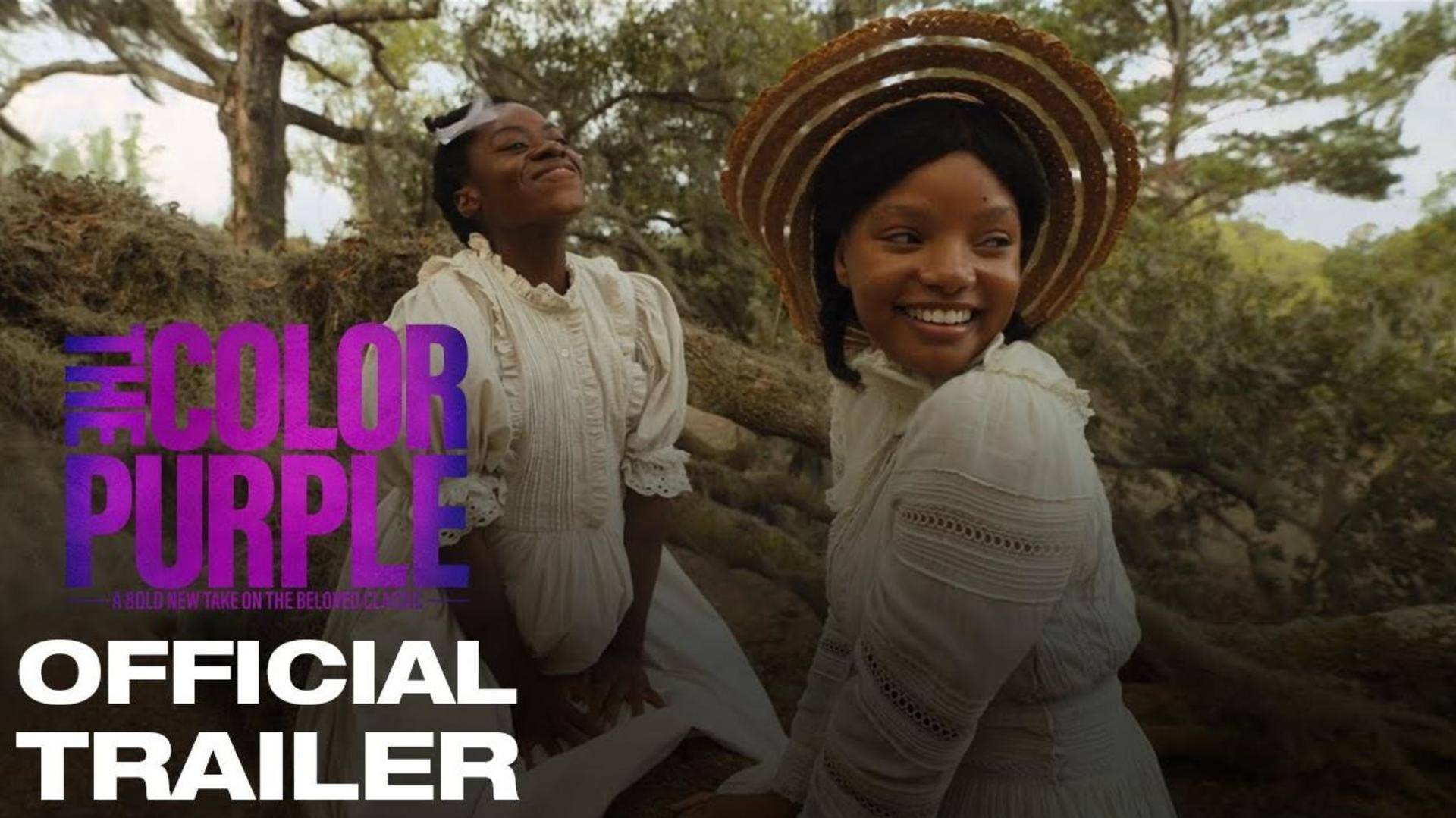
'The Color Purple' trailer: Why the original book was banned
What's the story
The dynamic duo of Oprah Winfrey and Steven Spielberg have joined forces to revitalize the beloved The Color Purple—the trailer of which was released on Monday. The revived movie musical adaptation is based on Alice Walker's acclaimed 1982 epistolary novel, which was outlawed just two years after its release, with subsequent bans in the US schools. Let's decode why it became a banned book.
Context
Why does this story matter?
Walker's acclaimed novel inspired two Broadway musicals and an original film, released in 1985. Interestingly, the 1985 film received 11 Academy Award nominations, including Best Picture. The upcoming film adaption, helmed by Blitz Bazawule, debuted footage for distributors at CinemaCon last month. Warner Bros. announced that the film will release in America on December 25, while it will open internationally on January 18, 2024.
Twitter Post
Before reading ahead, check out the new trailer
A bold new take on the beloved classic. #TheColorPurple only in theaters December 25. pic.twitter.com/siC3NapaT4
— Warner Bros. Pictures (@wbpictures) May 22, 2023
Storyline
What is the story of 'The Color Purple'?
Walker's novel transported readers to the tumultuous Jim Crow era in rural Georgia. Through a series of letters addressed to God, the protagonist Celie chronicles her journey which is filled with harrowing experiences of sexual abuse. The masterful storytelling also delves into the atrocities inflicted upon the Black community in the US during that era. Notably, Walker won the Pulitzer Prize for the novel.
#1
School districts claimed the book to be 'X'-rated
Despite its critical acclaim, some parents and school districts in the US noted that the book is "smut," as mentioned by the American Library Association. Some critics mentioned the coarse language used in the book as "problematic." Meanwhile, the renowned author accused critics of attempting to blur out an infamously dark part of American history—especially Black women's history—by censoring the novel's content and language.
#2
Book faced ban with objections stemming from religious blasphemy
Educational institutions pointed out the controversial topic of critical race theory as one of the reasons for banning the book, per reports. In 1984, the book was banned from a high school in Oakland due to concerns over its treatment of religious themes. At the heart of the novel, Celie's crisis of faith—when she writes that she doesn't know God anymore—propels the narrative forward.
#3
Another objection stemmed from the exploration of human sexuality
Within the novel, Walker also explored various aspects of human sexuality, including the lesbian relationship between the protagonist Celie and Shug Avery, which also became a reason for the ban. Though it is just a glimmer of light amidst the overarching themes of rape and incest experienced by women—particularly Black women at that time—the narrative didn't sit well with a significant section of society.